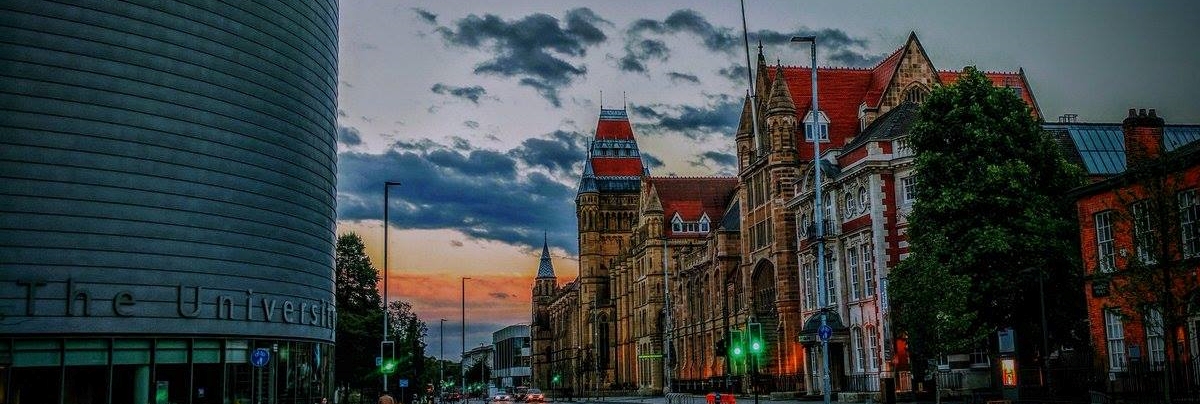
Collective Nostalgia
Anja Berninger
Arthur Lewis Building 3.056 (hybrid)
For a long time, nostalgia was considered as a pathological (or at least highly maladaptive) individual mental state. In recent years, this picture has changed dramatically, with psychologists now seeing nostalgia as fulfilling important functions (such as allowing us to reconnect to our past when faced with the negative impact of changes in our lives). This shift in perspective has thus far been limited to individual nostalgia and its psychological function. At the same time, collective nostalgia has been very much under scrutiny both in political science and sociology. Here, nostalgia has often been associated with a glorifying attitude towards a nation’s past and related efforts to reinstate that glory. Thus, there have for instance been talks of “Anglonostalgia” as being behind the vote for Brexit or of nostalgia being an important motivation of Trump voters in the US. Yet, relatively little effort has been spent to get a better understanding of the nature of collective nostalgia from a philosophical perspective. The aim of the workshop is to bring together approaches both from the philosophy of mind as well as political philosophy and political studies to discuss the structure and role of collective nostalgia. Questions for potential papers include, but are not limited to:
– What exactly are we talking about when we say that a society (or some societal group) exhibits collective nostalgia? Are we ascribing a collective mental state? And, if yes, what sort of mental state might this be?
– How does collective nostalgia relate to political emotions and moods such as resentment, humiliation, and hope?
– What other states does collective nostalgia rely on? Is it, for example, based on some form of collective memory or collective imagination?
– How does collective nostalgia relate to individual nostalgia? Are these structurally and functionally similar phenomena or are there clear differences between the two?
– What forms of collective nostalgia ought to be differentiated? What are the key structural differences between these forms? – Does collective nostalgia always include some form of idealization of the past (“seeing the past through rose-tinted glasses”)?
– Must collective nostalgia always be a regressive social phenomenon? Or might collective nostalgia also serve to initiate progressive social movements?
– Must collective nostalgia always be past directed in some sense? Or is there reason to think that there could also be a sort of collective nostalgia for the future?
|
|
|
|
9:30-11:30 |
Session 4 Leonie Smith & Alfred Archer: Collective Nostalgic Attention, Epistemic Injustice, and Working-Class Political Recognition Matej Cibik & Vladimir Lukic: Moral change, nostalgia and intelligibility of social values
|
|
11:30-12:00 |
Tea and Coffee Break (optional) |
|
12:00-13:00 |
Session 4 (continued) Carlotta Voß: The dialectic of transition. Nostalgia and utopia in hermeneutics and postcolonial thought
|
|
13:00-14:00 |
Lunch |
|
14:00-16:00 |
Session 5 Leonardo Massantini: Collective Displaced Nostalgia (Online) Anja Berninger: Collective nostalgia and temporal experience |
|
16:00-16:30 |
Tea and Coffee Break (optional) |
|
16:30-17:30 |
Session 5 (continued) Linde De Vroey: Back to the future: an exploration of collective nostalgia in rewilding |
|
17:30 |
End of Conference |
